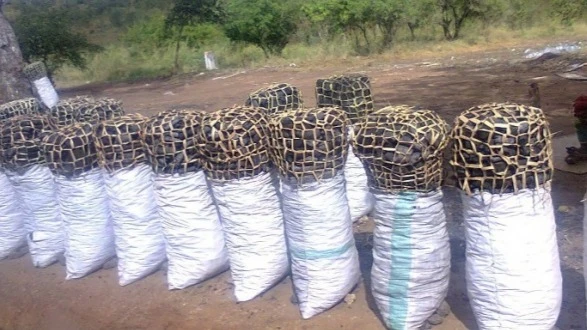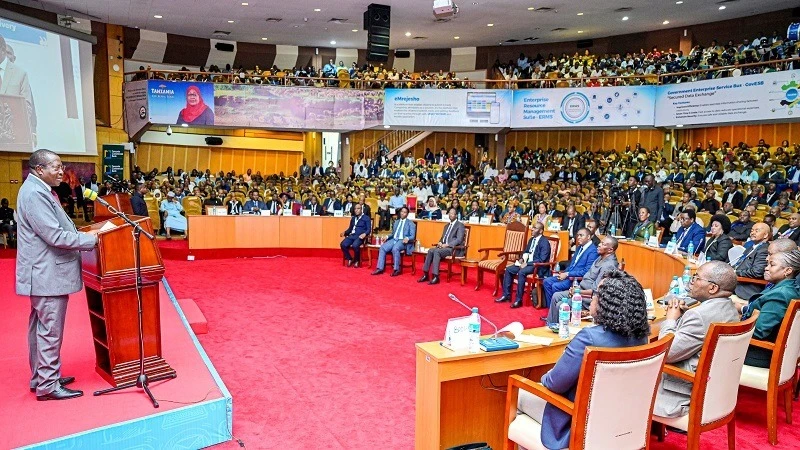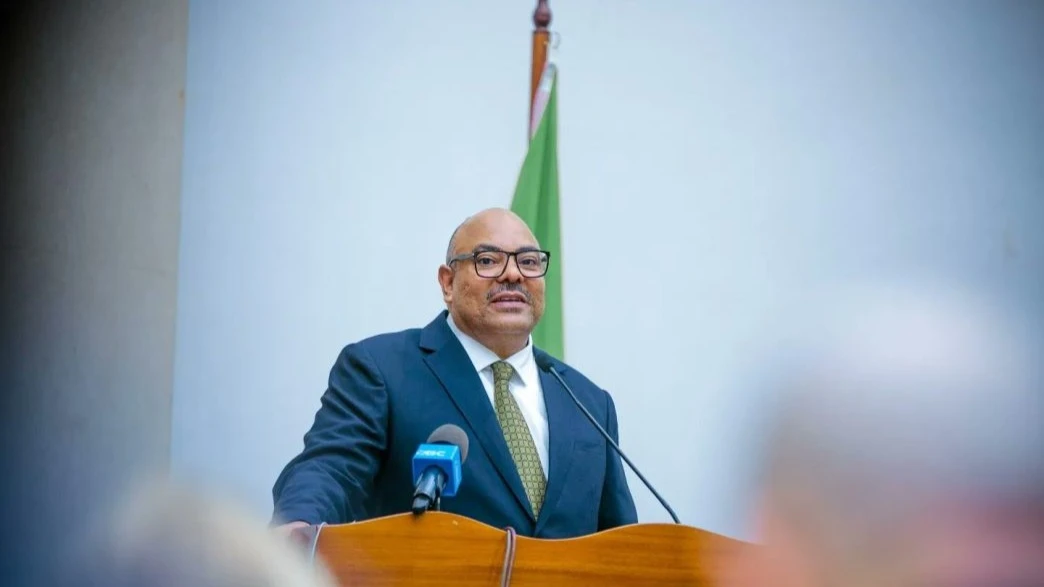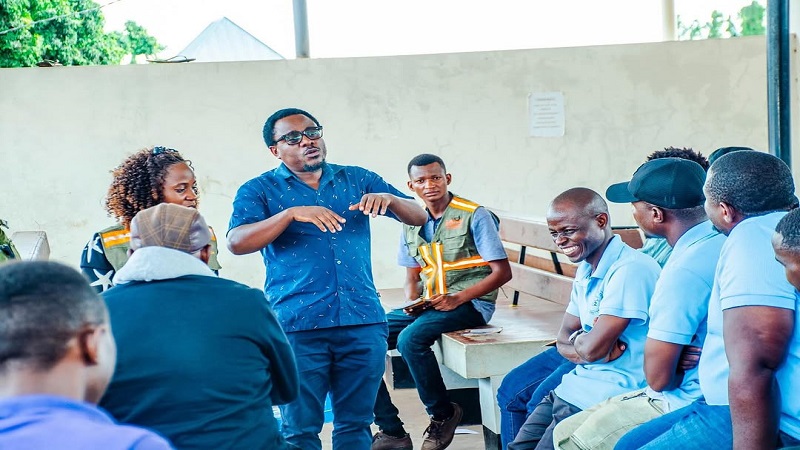Agro-tech: Pupils equipped with modern farm management skills
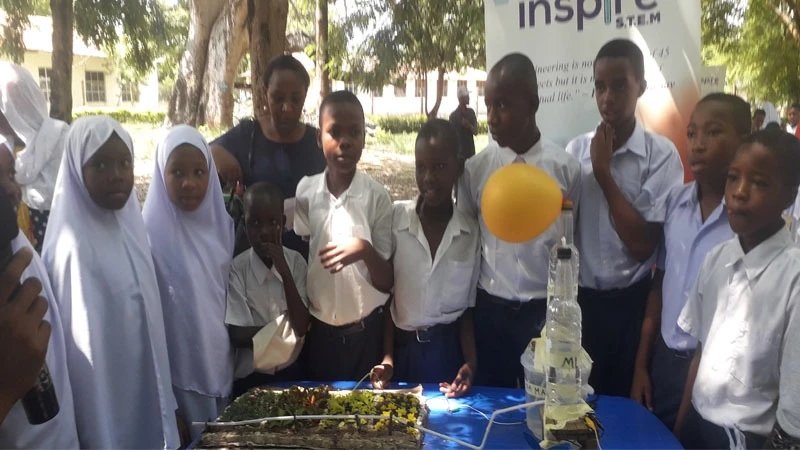
AGRICULTURE is one of the important economic activities that help people to generate an income and food.
Statistic shows that the contribution of agriculture in the country’s gross domestic product (GDP) from 2012 to 2022 was 28 percent. The current growth rate is a measly 2 per cent while the government’s five year development plan projects the growth at 5.7 percent by 2025.
The relatively low contribution of the agricultural sector and high import of processed foods is partly associated with low engagement of youth in the agricultural sector which account for a large share of the labour force in the country.
According to the African Development Bank (AfDB) report of 2016, youth accounts for higher share of the country’s active labour force (67 percent) and they are more likely to be unemployed.
The AfDB report suggests that if the jobless youth are empowered in the production sector like agriculture which employs a good number of people, Tanzania would feed the world as well as increased contribution to the national economy.
However, the government has been taking a number of initiatives to improve the sector whereas through the National Five-Year Development Plan (FYDP III), it has outlined ways to ensure a sustainable food system by 2030.
Among the priorities of the country's food and agriculture delivery compact are to enhance wheat production thus reduce the deficit by 90 percent. The improvements in wheat production would enable the government to save $221 million used to import wheat.
It has also set a target to enhance sunflower production by 2025 whereas the target is producing 3 million tonnes. The move is expected to ensure reliable supply of edible oil. A 40 percent increase in horticulture production to 7,560,010 tonnes as well as increasing production of meat and other livestock related products such as hides and milk.
To address the various challenges in the agricultural sector, the government through The Ministry of Agriculture, launched the ‘Kilimo ni Biashara’—Agenda 10/30 in 2022 aiming to attain an impressive 10 percent annual growth rate for the sector that is the livelihood for some 65 percent of Tanzanians. The target is to be met by 2030.
‘Kilimo Biashara’—Agenda 10/30 aims at transforming agriculture (crop sub-sector) whereas it has to grow by 10 percent by 2030.
The Building a Better Tomorrow - Youth Agribusiness (BBT-YIA) initiative also aims to promote Tanzanian youth engagement in agribusiness for sustainable and improved livelihoods.
It intends to inspire youth through implementation of behaviour, attitude changing, communication strategy that would rebrand agriculture and make it more appealing to youths, empower youth through training, mentoring and coaching and other interventions that would impart necessary skills for employment or management of their own agribusiness.
In Tanga, the Science, Technology, Engineering and Mathematics centre (STEM Park) organized a four-day scientific hands-on-work training that brought together 80 primary school pupils to learn on agro-ecology best practices. The pupils were from Kisosora, Nguvumali, Changa and Chumbageni primary schools.
The training based on innovation activities on how smart farming technologies could be the solution to achieve Tanzania’s set agriculture compact initiatives through the application of digital technology, modern scientific technologies as well as digitalized and data -empowered agriculture.
The pupils demonstrated on how strategic interventions supports, increasing research and innovative investments thus bring best production results.
The training was conducted by STEM Park in collaboration with Project Inspire and Jenga Hub with support from the Rotary Club of Tanga. Pupils alongside with their teachers were trained on how to improve agriculture and increase crop production despite climate change impacts.
The imparted technologies included the use of Internet of Things (IoT) and other digital technologies to feed communities by improving crop production without affecting other water users when both farmers and animals use the same source of water.
Max George, STEM Park manager stated applying technology in agriculture would ultimately boost productivity whereas the use of sensors in measuring moisture in the soil and proper use of electricity in pumping water would help in reducing cost.
“We have brought pupils from different environments for purposes of ensuring they share knowledge and skills as they are future farmers. We are doing all these because we are aware that the government is investing in youth and wants them to fully engage in the sector after college,” he added.
George stated that pupils were given chances to practically apply modern hands -on- activities through participatory methods.
“Pupils have imparted with skills and knowledge on how to use digital technologies, data -driven insights to improve decision making and eventually elevate the sector which is expected to be one of the more attractive job to younger generations.
Top Headlines
© 2025 IPPMEDIA.COM. ALL RIGHTS RESERVED











